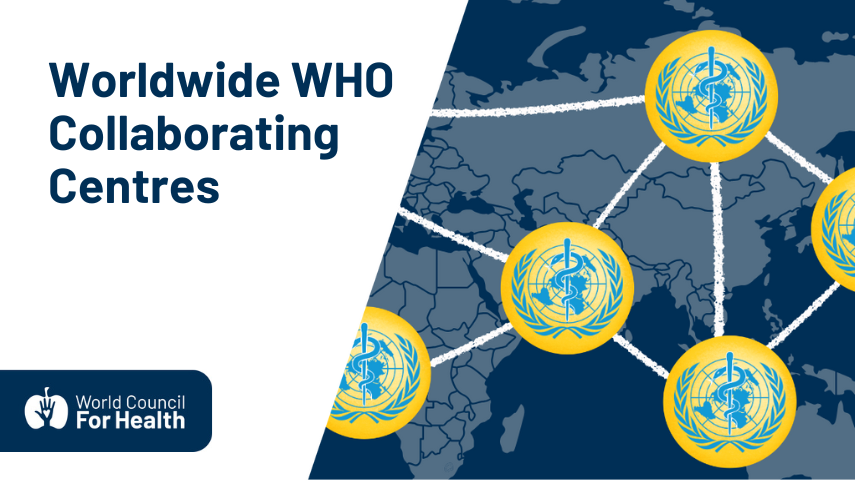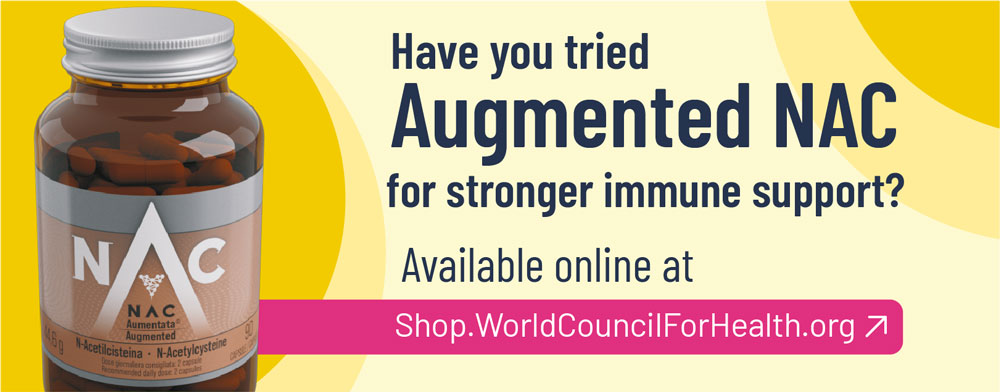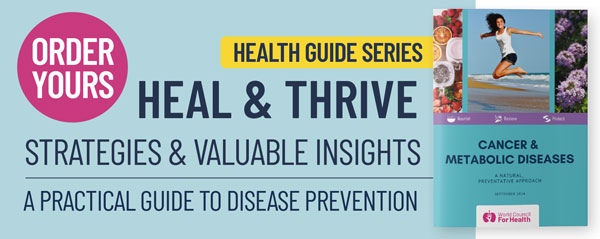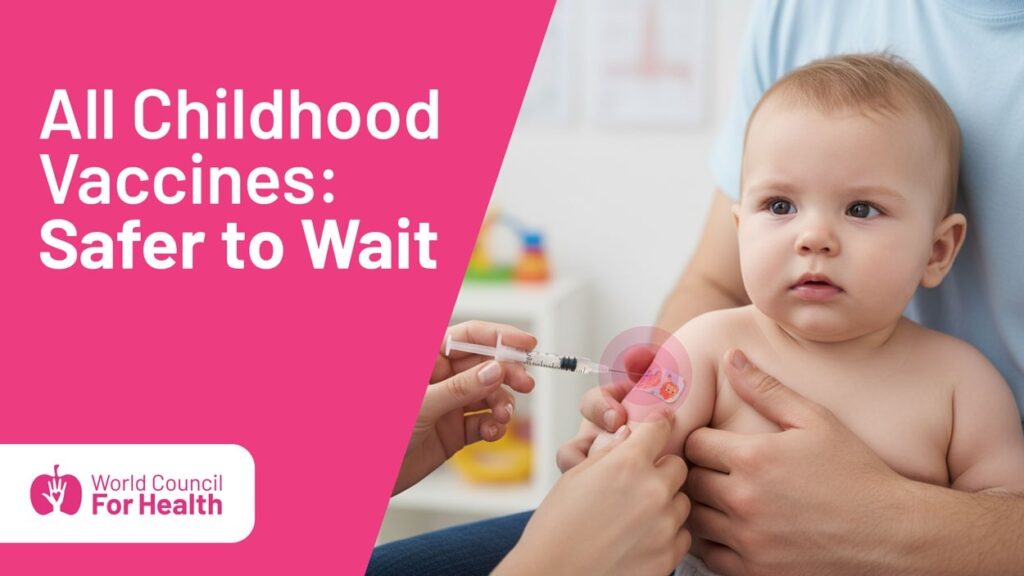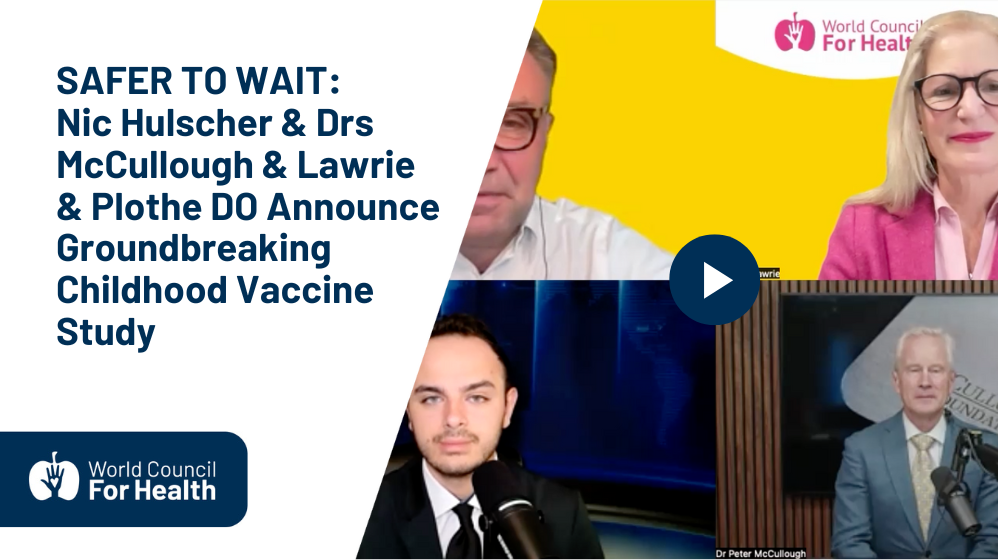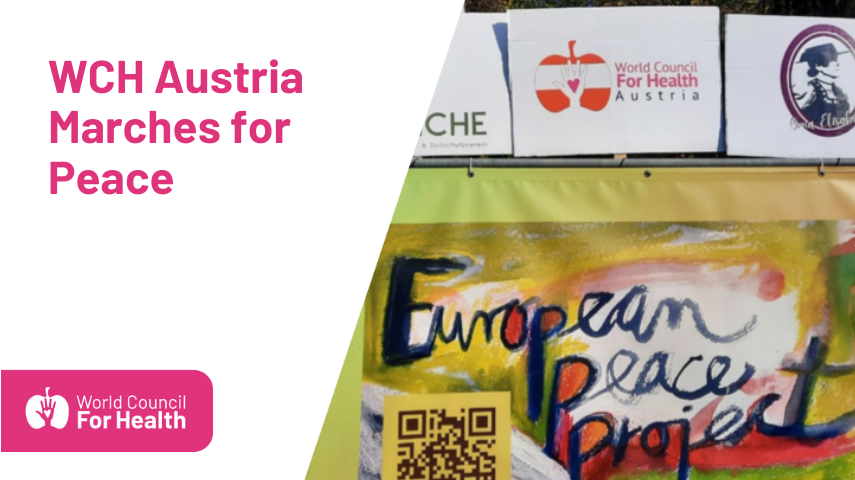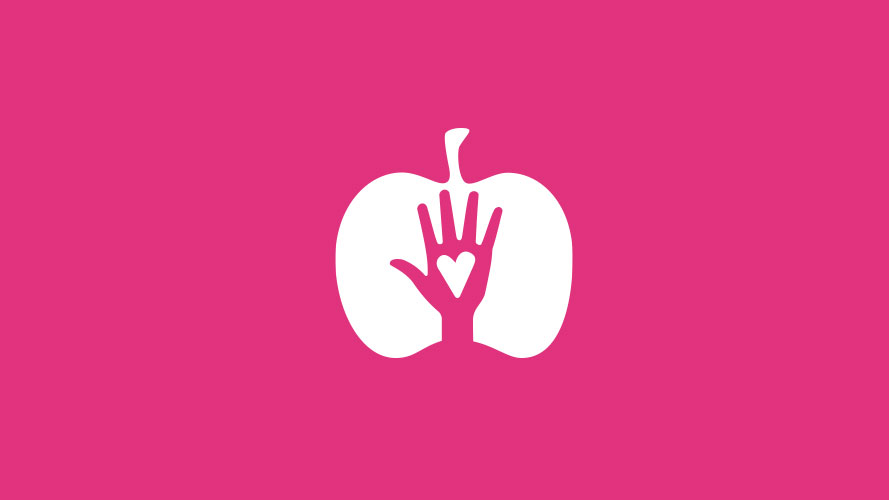World Council for Health Australia would like to draw your attention to active World Health Organisation (WHO) centralised collaborating centres worldwide. These take the form at country or local levels and may include WHO country cooperation strategies, WHO Collaborating Centres, Global Outbreak Alert Response Network Partner Institutions, and Global Healthcare Emergency Corps.
Australia was signed up to a WHO cooperation strategy in 2017 by MP Greg Hunt.
What are WHO Collaboration Centres?
WHO Collaborating Centres are institutions or subunits that have been designated by the Director General (currently Tedros Adhanom Ghebreyesus) to support the WHO as a part of its global network.
These centres are typically research institutions, parts of universities, or academies. The main role of these collaborating centres is to provide strategic support to the organisation to meet two main needs:
- To implement WHO’s mandated working program objectives
- To develop and strengthen institutional capacity in countries and regions.
There are approximately 797 collaborating centres in 93 countries supporting WHO programs.
List of WHO Collaboration Centres:
- USA – 68
- India – 58
- China – 57
- UK – 50
- Australia – 45
In Australia, these include AHPRA for health force regulation and the TGA, which has two centres: one for quality assurance of vaccines and other biologicals, and one for medicines quality assurance. Other centres are the Global Outbreak Alert Response Networks, (GOARN) of which, there are 326 worldwide, with 25 in Australia. There are 32 in the USA and 17 in the UK.
A new Global Health Emergency Corps (GHEC) has also been activated at the WHO. Their vision is a health emergency workforce centred in countries and coordinated regionally and globally, comprised of health emergency leaders and workforce.
Why is this of concern?
Clearly the collaborating centres having allegiance to the WHO first, rather than the people is problematic.
Are these public government institutions operating in the public’s best interest? Do the WHO Collaborating Centres report directly to the WHO bypassing the National Departments of Health? Integrity and transparency of public / private partnerships contracts matter. Funding for WHO Collaborating Centres can present potential conflicts of interest, particularly when funding comes from sources outside of public or academic sectors, such as private companies or foundations with specific agendas.
How are they funded?
Funding for these centres may come from institutional or Governmental support, and/or grants and research funding. Collaborating Centres often seek additional funding from external sources, including national health agencies, international health organizations, or private foundations. Research grants from entities like the National Institutes of Health (NIH), European Union (EU) health programs, or specific disease-focused foundations can fund projects tied to WHO collaborations.
Additional funding may come from collaborative partnerships, such as philanthropic and private foundations. For example, the Gates Foundation, Wellcome Trust and the Rockefeller Foundation frequently fund health research and may contribute to WHO Collaborating Centre projects that align with their missions.
The Code of Conduct for WHO Experts – Declaration of Interests
Annex B: “e. undertake to represent their views in a personal and individual capacity with the best interest of WHO in mind as opposed to representing the views of their employers, other institutions or governments.’
What can we do?
So many of these WHO Collaborating Centres are public institutions.
- Find out if your country has a WHO Country Cooperation Strategy
- Use the link to find and download your countries’ WHO Collaborating Centres and their Terms of Reference
- Investigate the WHO GOARN Centres in your locality
- Learn about the GHEC program and how it is being implemented in your country
- Tell others and share this information widely
Find out the answers to these questions:
- Do I have a WHO cooperation strategy in my area?
- Where is the loyalty in these organisations?
- Who do they report to?
- How are they funded?
Be aware of what is going on in your country and reject the overreach of the World Health Organisation.
dedicated to promoting health and wellbeing world wide
ADDITIONAL RESOURCES
- WCH Australia WHO Networks Full Presentation (PDF)
- WCH Australia WHO Networks Summary Presentation (PDF)
- WHO Collaboration Centres Links for Further Research (PDF)
